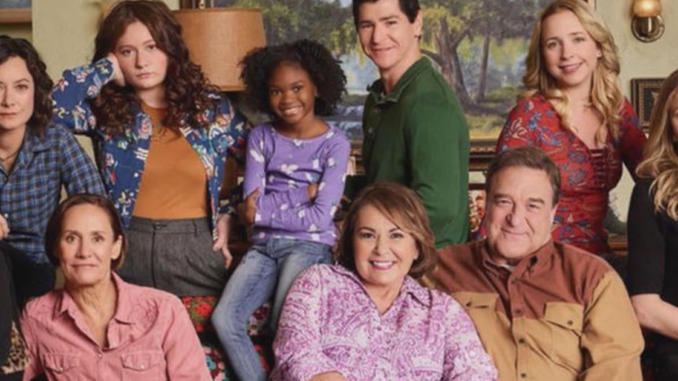
When Roseanne hit the airwaves in 1988, it shattered the mold of what sitcoms could be. For many television viewers, the Conner family—Roseanne, Dan, Jackie, and their kids—were a refreshing departure from the polished, picture-perfect families depicted on most shows at the time. Roseanne was gritty, honest, and unapologetically blue-collar, reflecting the lives of millions of Americans who had never been represented on primetime television.
But what truly made Roseanne revolutionary was its portrayal of the working class. The show didn’t just focus on the quirky dynamics of family life; it centered on the everyday struggles of a middle-class family living paycheck to paycheck. Roseanne Conner was a working mother, juggling the demands of a job, household, and parenting. Her husband, Dan, worked tirelessly to support the family. Their kids weren’t perfect; they had their own issues, just like real children. The show explored issues such as unemployment, financial instability, and the challenges of raising children in a world that often seemed to be against them.
This unvarnished portrayal of family life resonated with viewers in ways that many sitcoms didn’t. Families who watched Roseanne didn’t have to feel ashamed of their struggles; instead, they could laugh at the awkward moments, relate to the tough situations, and find comfort in knowing that other people were going through the same thing.
What also set Roseanne apart was its willingness to tackle social and political issues head-on. The show didn’t shy away from topics like feminism, gender roles, addiction, body image, and even political differences. In an era when TV was largely a form of escapism, Roseanne stood out for its courage in addressing difficult issues with humor, honesty, and heart. The characters in Roseanne were imperfect, and that’s what made them so real.
Even years after the show ended in 1997, Roseanne’s impact continues to be felt. In 2018, the show made a comeback with a revival that immediately became a ratings hit. It was clear that the world was still hungry for the kind of honest, blue-collar storytelling that Roseanne delivered. The revival reminded us of why we fell in love with the show in the first place: because it reflected the lives of real people. And despite the drama surrounding Roseanne Barr’s controversial exit from the show, The Conners has continued to embody the spirit of the original series—showing the struggles, joys, and complexities of family life in America.
The enduring legacy of Roseanne lies in its honest portrayal of everyday people. It was a show for the people, by the people—and its revolutionary approach to sitcoms will never be forgotten.
